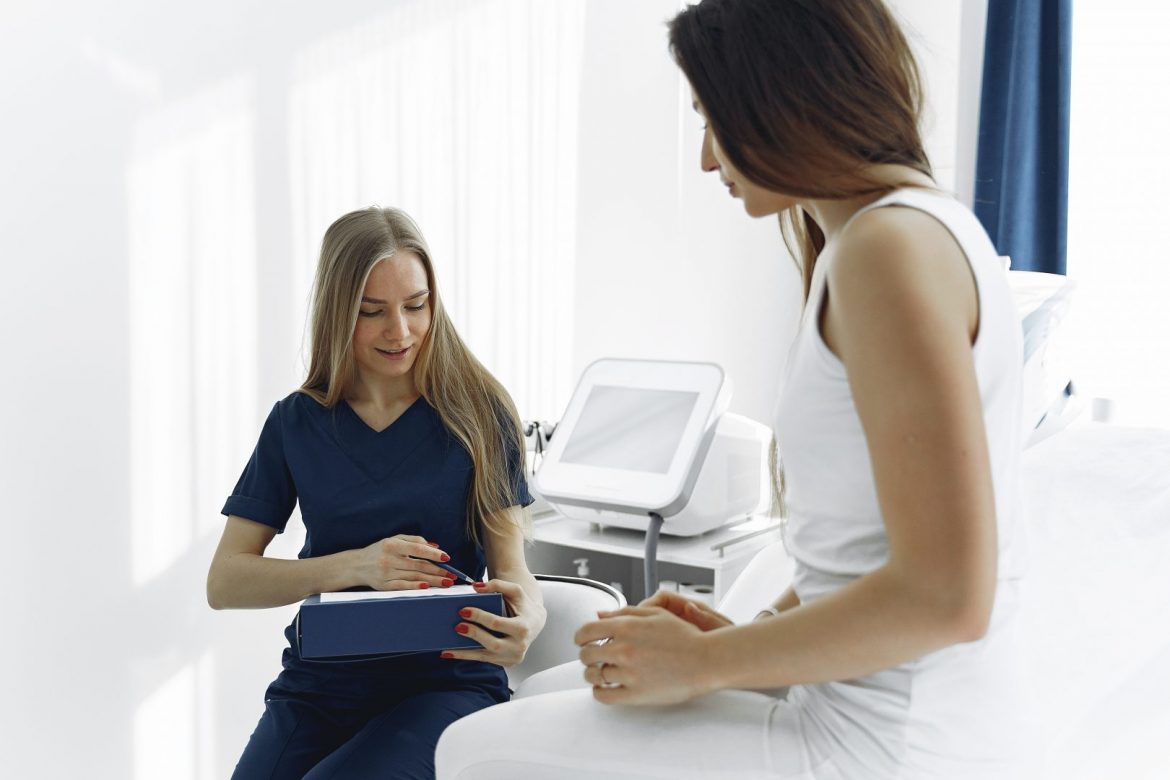Many physicians find that regardless of the medical specialty they have chosen, a good portion of our time with patients is spent talking about issues other than the “chief complaint.” A patient may come into the office with a stated medical concern, but when they are in the exam room with the provider, they often want to discuss more pressing issues. Just before COVID-19 hit American soil, I started reading a book by Dr. Danielle Ofri entitled, “What Patients Say, What Doctors Hear.”
The “bio-psycho-social” visit category has never been more prominent in my practice as it is now during the pandemic. I feel that I have counseled patients more on their fears and concerns, depression, and anxiety related to the pandemic than I have on their bladder dropping or their stress incontinence. I had a patient come in the other day, and I asked her how she was doing, and she blurted out, “I am terrible, doctor!” Assuming she was going to tell me she had to wear pads all day and she had had enough, she said, “I have been so depressed and anxious since the start of the pandemic.” A much different conversation to tackle than one about incontinence.
In the book I mentioned above, the author states that based on a study of patient-doctor communication, a physician is likely to interrupt a patient on average within 12 seconds of the patient starting to talk about their “chief complaint.” The physician’s anxiety about getting behind schedule and making other patients wait sometimes interferes with the ability to listen carefully to the patient. The study went on to say that if the physician just let the patient speak uninterrupted, the patient, on average, only spoke for 92 seconds. Not a huge sacrifice of time in order to let a patient feel heard.
I find myself thinking of that study over and over every day now. When a patient starts to talk about their concerns outside of the reason for the visit, I realize some of them are home alone during this time, and coming to the doctor may be their only outlet to talk to another person face to face. I want my patients to feel they can talk to me about anything, particularly during this stressful time. I hope that I can provide some comfort to patients who need me for support, even outside of what I can offer from my chosen medical field.
Now I can say that I really have no idea what the future holds. We just need to take life one day at a time. If you are experiencing urogynecology symptoms or have questions, know I will be understanding and will listen to your concerns. Please contact me at 234.205.2040 to schedule your appointment.



